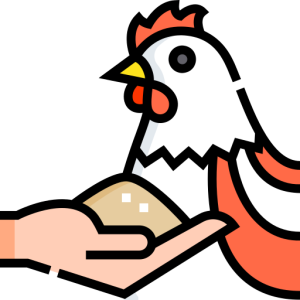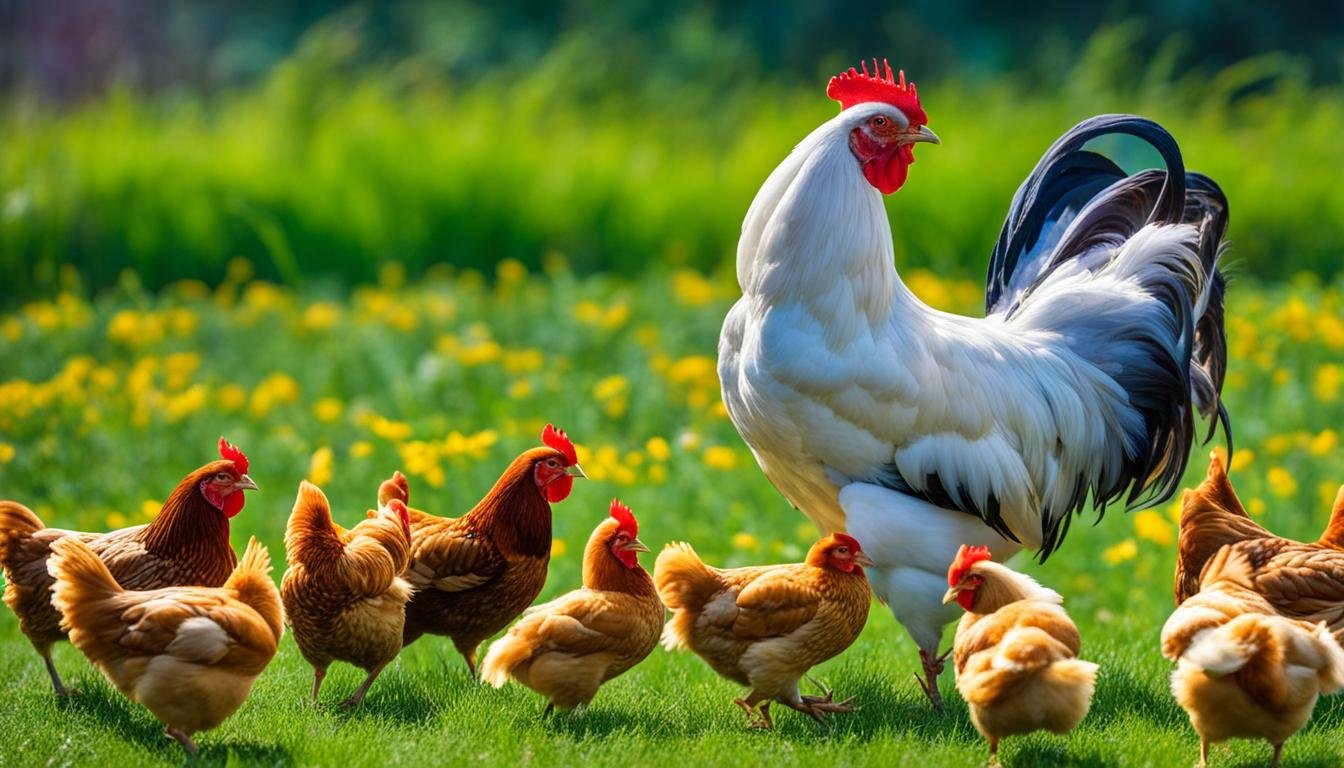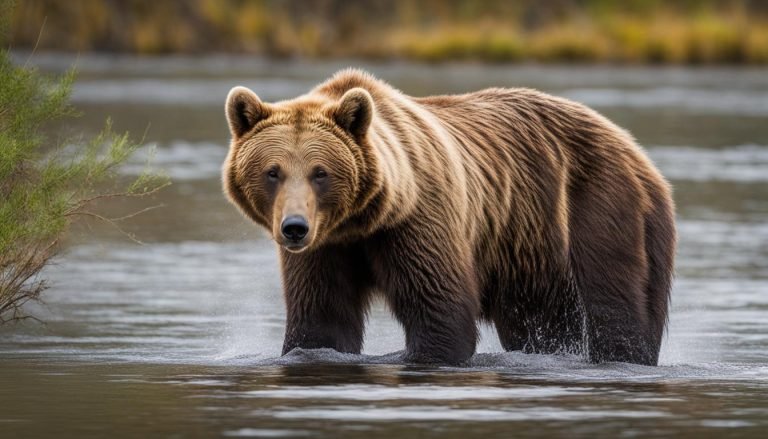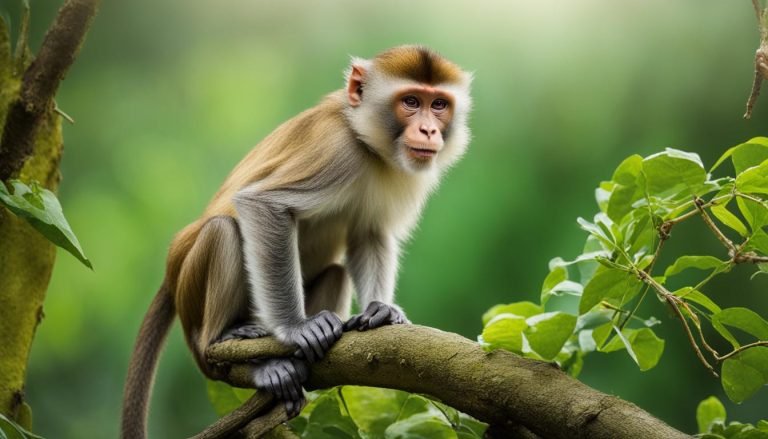15 Facts About Chicken People Don’t Know
Explore the fascinating world of chickens, and domesticated birds that have accompanied humans for thousands of years.
From charming backyard coop to industrial-scale farms, chickens have become one of the most widespread and diverse bird species.
Join us as we uncover intriguing facts about chickens, from their evolutionary history to their varied breeds and roles in human agriculture.
Chicken Quiz
How well do you know chickens? Test your knowledge below!

1. Domestication Legacy
Chickens are descendants of the wild red junglefowl, native to Southeast Asia. Their domestication, which likely began over 8,000 years ago, has resulted in the diverse breeds we know today, ranging from ornamental to highly productive.
2. Broody Behavior
Hens display broody behavior, a maternal instinct where they incubate eggs to hatch chicks. This nurturing behavior showcases the natural inclination of chickens to care for their offspring and is often observed even in modern domesticated settings.
3. Diverse Breeds
The world of chickens boasts a vast array of breeds, each with unique characteristics. From the regal appearance of the Leghorn to the fluffy charm of the Silkie, chicken breeds vary in size, color, and egg-laying capabilities, catering to a wide range of preferences.
4. Egg-laying Abilities
Chickens are prolific egg layers, with production breeds capable of laying hundreds of eggs per year. The color of the eggshell depends on the breed, ranging from white to brown and even blue or green in some rare cases.
5. Social Hierarchies
Chickens are social animals with well-defined hierarchies within flocks. The “pecking order” establishes a social structure, determining the ranking of each chicken and minimizing conflicts within the group.
6. Scratch and Peck
Chickens engage in a behavior known as “scratch and peck,” where they use their claws to scratch at the ground, uncovering insects, seeds, and small plants. This natural foraging behavior allows them to supplement their diet with a variety of nutrients.
7. Vocal Communication
Chickens communicate through a range of vocalizations, including clucking, crowing, and squawking. These sounds convey various messages, from announcing the discovery of food to warning of potential threats.
8. Molting Process
Chickens undergo a molting process, shedding and regrowing feathers annually. Molting is a natural cycle that allows chickens to replace old feathers, ensuring a healthy and insulating plumage.
9. Rooster Crowing
Roosters are known for their crowing, a vocalization that serves multiple purposes, including marking territory, announcing the break of dawn, and asserting dominance. Each rooster has a unique crow, contributing to individuality within flocks.
10. Dust Bathing
Chickens partake in dust bathing, a behavior where they roll in dust or loose soil, then shake their feathers vigorously. This activity helps control parasites, removes excess oil from the skin, and promotes healthier plumage.
11. Heritage Breeds
Heritage breeds are traditional chicken varieties that often have historical significance. These breeds, known for their hardiness and adaptability, play a role in preserving genetic diversity and cultural heritage in poultry farming.
12. Chicken Intelligence
Contrary to popular belief, chickens are intelligent birds. Studies have shown their ability to learn, solve problems, and even exhibit a form of self-awareness. These cognitive abilities challenge stereotypes about the intelligence of farmyard fowl.
13. Broiler Chickens
Broiler chickens are raised specifically for meat production. These breeds have been selectively bred for rapid growth and efficient feed conversion, contributing to the modern poultry industry’s ability to meet global demand for chicken meat.
14. Environmental Impact
Chickens have a relatively low environmental footprint compared to other livestock. Their efficient feed conversion, ability to forage, and small space requirements make them a sustainable option for protein production when managed responsibly.
15. Backyard Chicken Movement
The resurgence of backyard chicken keeping has become a global trend. From urban homesteads to suburban gardens, people are embracing the joy of keeping chickens for eggs, pest control, and the simple pleasures of observing these charming and productive birds.







